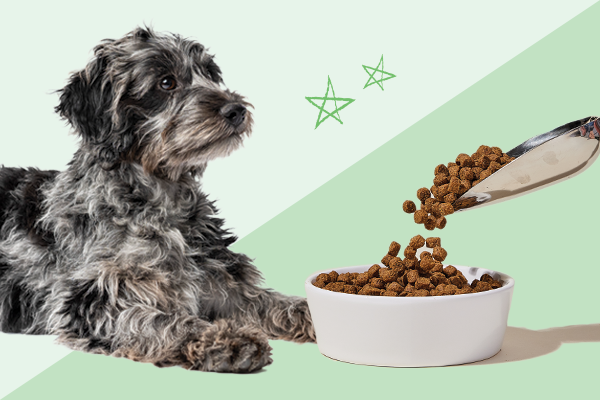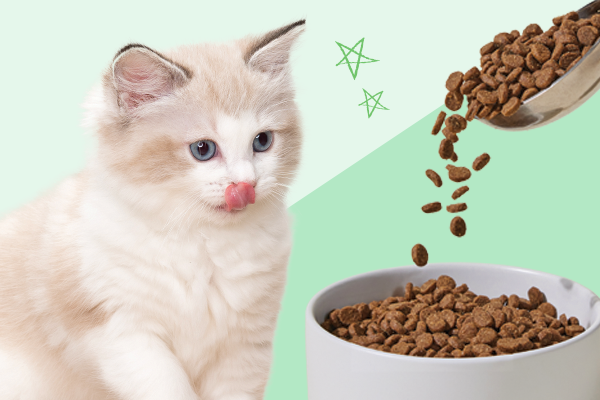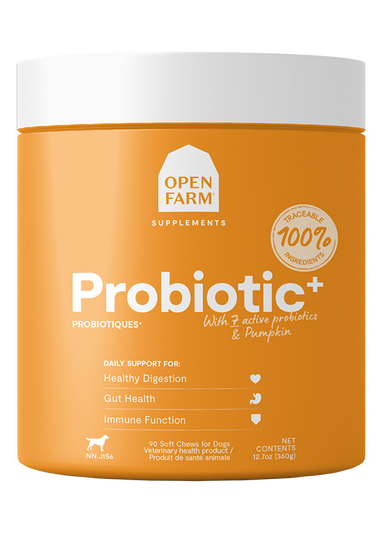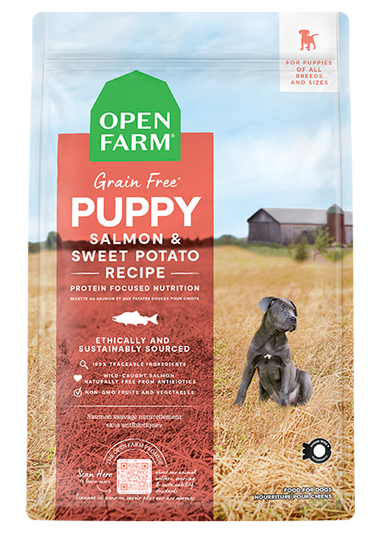Bringing a new puppy into your home is an exciting adventure filled with wagging tails, playful pounces, and, of course, the challenge of answering the question “how many times a day should I feed a puppy?” Just like humans, puppies function better with a balanced diet to grow strong and healthy. But with so many options out there, how do you know what's best? We've got you covered with a fun and informative guide to the best schedule for feeding puppies, with a special focus on functional foods, digestion, and tummy support.
The Basics of Puppy Nutrition
Before diving into the specifics of puppy eating schedules, it's important to understand the basics of puppy nutrition. Puppies grow at an astonishing rate, and their nutritional needs are different from those of adult dogs. They require a diet rich in protein, fat, vitamins, and minerals to support their rapid growth and development.
- Protein: Essential for muscle growth and repair, protein should make up a significant portion of your puppy's diet. Look for high-quality sources like chicken, beef, and fish.
- Fat: Fat provides energy and supports brain development. Healthy fats can be found in fish oil and flaxseed oil.
- Vitamins and Minerals: Puppies need a variety of vitamins and minerals to support their overall health. These can be found in fruits, vegetables, and specially formulated puppy food.
The Ideal Puppy Feeding Schedule
So, how often do puppies eat? Well, puppies have small stomachs and high energy levels, so they need to eat more frequently than adult dogs. Here's a general guideline for feeding your puppy based on their age:
- 0-3 Months: At this stage, puppies should be fed four times a day. Their tiny tummies can't hold much food at once, so smaller, more frequent meals are ideal.
- 3-6 Months: As your puppy grows, you can reduce the number of meals to three times a day. This helps them transition to a more adult-like feeding schedule.
- 6-12 Months: By now, your puppy should be eating twice a day. This schedule can continue into adulthood, with adjustments made based on their activity level and specific needs.
Foods for Digestion and Tummy Support
Functional foods are those that provide health benefits beyond basic nutrition. Incorporating these into your puppy's diet can help support their digestion and overall well-being.
- Probiotics: These beneficial bacteria can help maintain a healthy gut flora, which is essential for good digestion. Consider adding a probiotic supplement to their diet.
- Pumpkin: Pumpkin is a great source of fiber and can help regulate your puppy's digestion. It's also packed with vitamins and minerals that support overall health. You can add a small amount of canned pumpkin (not the pie filling) to their meals or look for recipes that incorporate it.
- Bone Broth: Rich in nutrients and easy on the stomach, bone broth can be a soothing addition to your puppy's diet. It can help support joint health as well. Try adding it to their wet or dry food as a topper or use it to rehydrate their freeze-dried food.
- Sweet Potatoes: These are another excellent source of fiber and vitamins. Sweet potatoes can help keep your puppy's digestive system running smoothly and provide a tasty treat. You can also opt for a recipe that incorporates them.
Tips for a Happy, Healthy Puppy
Feeding your puppy the right food at the right times is crucial, but it’s more than just asking how often do puppies need to eat. There are other important factors to consider for their overall health and happiness.
- Consistency: Stick to a regular feeding schedule to help your puppy develop good eating habits. This also makes it easier to monitor their appetite and digestion.
- Portion Control: Overfeeding can lead to obesity and other health issues. Follow the feeding guidelines on your puppy's food packaging and adjust based on their growth and activity level.
- Hydration: Always provide fresh water for your puppy. Proper hydration is essential for digestion and overall health.
- Monitor Their Health: Keep an eye on your puppy's weight, coat condition, and energy levels. If you notice any changes, consult your veterinarian.
- Training and Socialization: A well-fed puppy is a happy puppy, but don't forget the importance of training and socialization. These are key components of raising a well-rounded dog.
How Often to Feed Puppy: Final Thoughts
Feeding your puppy the right foods at the right times is a vital part of their growth and development. By incorporating high quality foods and focusing on digestion and tummy support, you can help ensure your furry friend grows up healthy and happy. Remember, every puppy is unique, so it's important to tailor their diet to their specific needs. With a little love, care, and attention, you'll have a loyal companion by your side for years to come.
This article is meant only as an example of what might work well for your pet, please reach out to our Pet Parent Experience Team if you have any questions about your pet’s own unique circumstances! To ensure these products are a good fit for your furry friend, we also recommend consulting your vet about any new diet, or environment changes, especially if there is a medical concern. They should be able to help as you and your vet know your pet’s medical history best!








































 Sign In
Sign In
 Create Account
Create Account














